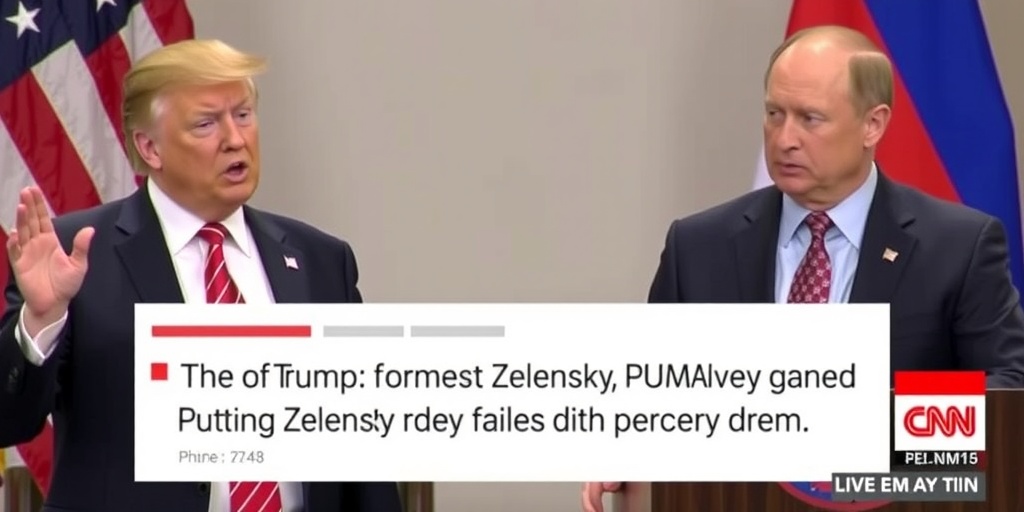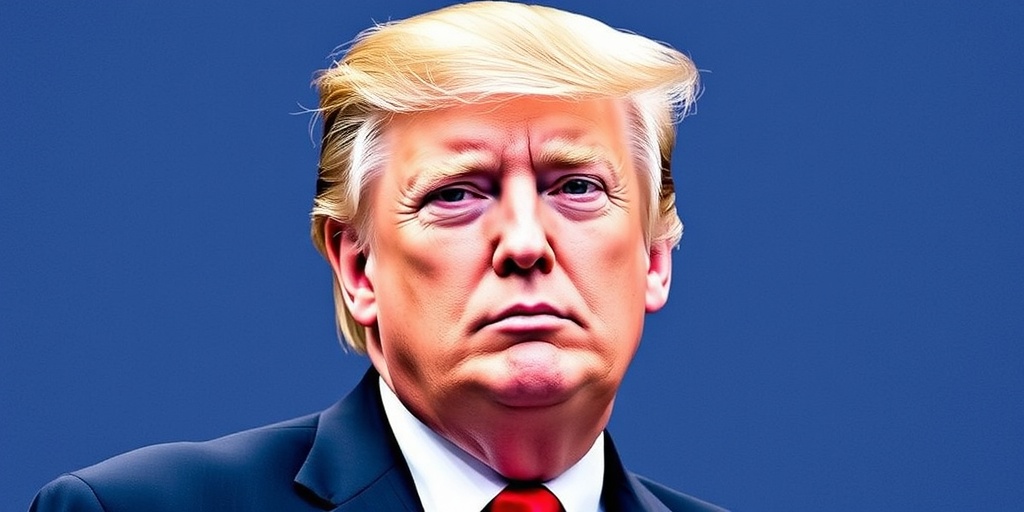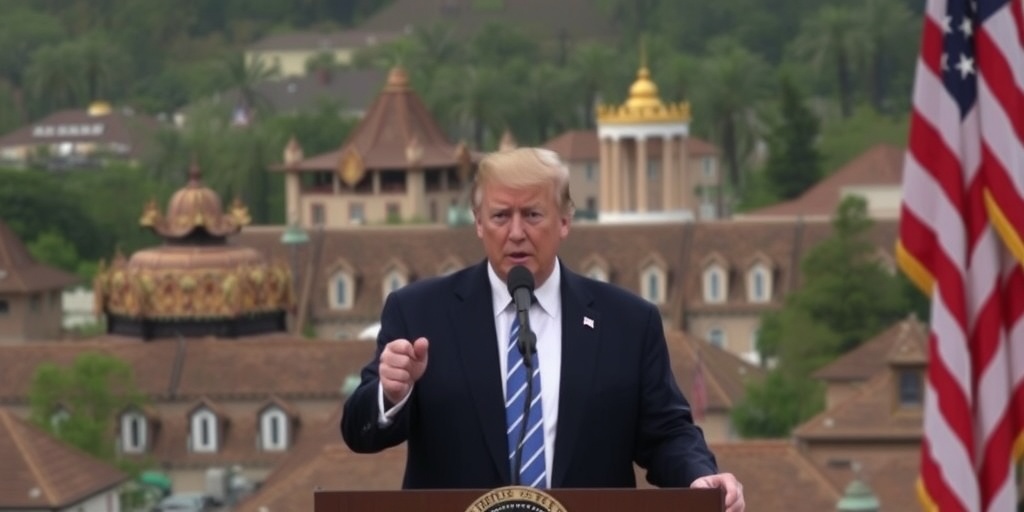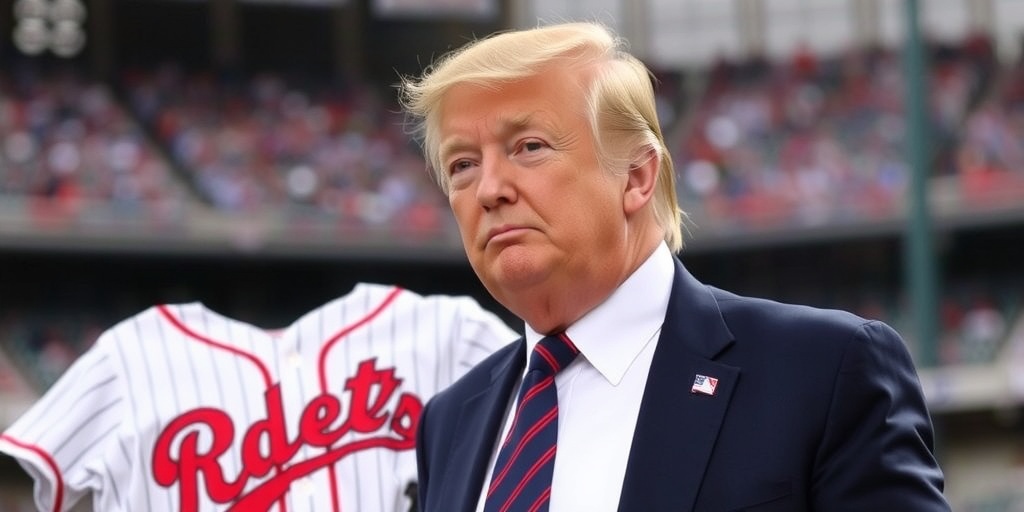Now Reading: Trump Defends Putin in Clash with Zelensky
-
01
Trump Defends Putin in Clash with Zelensky
Trump Defends Putin in Clash with Zelensky

Tense Encounter in the Oval Office: Trump and Zelensky Clash Over Putin
In a striking and unforeseen meeting that has garnered significant attention, President Donald Trump and Ukraine’s President Volodymyr Zelensky engaged in an intense exchange in the Oval Office, dramatically shifting from a courteous discussion to a heated confrontation within just forty minutes. This encounter, marked by candid differences and rising tensions, startled political circles in Washington, left Europe on edge, and provoked outrage in Kyiv, while seemingly delighting Moscow.
The meeting began on relatively neutral ground, with an amicable tone that quickly dissipated as deep-seated disagreements emerged. Tensions escalated sharply when Zelensky voiced his criticisms of Russian President Vladimir Putin, characterizing him as the aggressor in the ongoing conflict between their nations. In stark contrast, President Trump, who has consistently praised Putin, appeared to take offense at Zelensky’s remarks and reprimanded him for what he perceived as unnecessary hostility towards the Kremlin leader.
During the exchange, Zelensky articulated his perspective, emphasizing that contrary to Trump’s claims suggesting that Ukraine initiated the war, it was indeed Putin who had instigated the conflict. "Putin began this war," Zelensky affirmed, trying to convey the severity of Ukraine’s plight and the existential threat posed by Russian aggression.
Despite the gravity of the situation, Trump appeared dismissive of Zelensky’s concerns and redirected the conversation towards a tone of reproach. He admonished Zelensky for his apparent lack of gratitude, stating, "It’s wonderful to speak badly about somebody else… but I want to get it solved." The American president suggested that Zelensky’s words were counterproductive and implied that the Ukrainian leader bore some responsibility for the ongoing conflict, saying, "This is why you’re in this situation."
As the discussion progressed, Zelensky attempted to reiterate the impact of Russian actions on Ukraine, arguing that Trump was perhaps too influenced by Putin’s narratives. In response, he countered Trump’s comments on the devastation of Ukrainian cities, stating, "Maybe it’s Putin who’s sharing this disinformation that he destroyed us." This accusation led to Trump defending Putin, citing his own grievances from the past. "He had to suffer through the Russia hoax," Trump remarked, framing the narrative around the investigation into Russian interference in the 2016 election.
The confrontation reached a peak when Vice President JD Vance entered the fray, accusing Zelensky of being "disrespectful" for presenting a Ukrainian standpoint during the meeting. This moment highlighted a profound shift in the dynamic, as Vance and Trump launched into an aggressive critique of Zelensky, emphasizing that he had not shown sufficient appreciation for U.S. support amid the ongoing conflict.
Notably, this level of animosity expressed toward a visiting head of state in the Oval Office is unprecedented in recent decades. Trump’s public demeanor, often characterized by anger, reached new heights during this encounter, showcasing a combative stance towards Ukraine, a nation currently embroiled in a severe struggle for its sovereignty. The argument culminated with Trump issuing threats regarding future U.S. involvement in Ukraine if Zelensky did not align himself with a proposed peace deal—an ultimatum that visibly rattled the Ukrainian delegation.
The fallout from this heated exchange not only tainted ongoing diplomatic efforts between the two nations but also jeopardized plans for an agreement that would grant the U.S. rights to key Ukrainian minerals, a move that Trump had previously conditioned on Ukrainian cooperation in the conflict.
It is evident that Zelensky’s approach to diplomacy did not align with Trump’s expectations. Unlike leaders such as French President Emmanuel Macron and British Prime Minister Keir Starmer, who have adeptly navigated diplomatic waters with Trump, Zelensky has displayed a more straightforward demeanor, prioritizing his country’s survival over political niceties. His frustration with the lack of sufficient support from allies has often led to tensions even with the Biden administration.
The crux of the matter lies not only in the personal dynamics but also in the underlying implications of Trump’s defensive posture towards Putin. While he publicly criticized Zelensky, Trump highlighted his close relationship with the Russian leader, expressing an unusual degree of indignation on Putin’s behalf. "You see the hatred he’s got for Putin… It’s very tough for me to make a deal with that kind of hate," he articulated, reflecting a baffling prioritization of Putin’s sentiments over the suffering of Ukrainians.
As the meeting concluded, Trump reiterated his expectations for Zelensky to adopt a more conciliatory tone towards Putin, signaling an unsettling willingness to overlook the realities of Russian aggression. Only hours after the confrontation, Trump remarked to reporters, "He doesn’t have to stand there and say about, ‘Putin this, Putin that,’ all negative things. He’s got to say, ‘I want to make peace.’” This insistence on a narrative of peace—at the cost of acknowledging the aggressor’s role—demonstrates the complex and often troubling nature of international diplomacy under the current U.S. administration.
Stay Informed With the Latest & Most Important News
Previous Post
Next Post
-
 01New technology breakthrough has everyone talking right now
01New technology breakthrough has everyone talking right now -
 02Unbelievable life hack everyone needs to try today
02Unbelievable life hack everyone needs to try today -
 03Fascinating discovery found buried deep beneath the ocean
03Fascinating discovery found buried deep beneath the ocean -
 04Man invents genius device that solves everyday problems
04Man invents genius device that solves everyday problems -
 05Shocking discovery that changes what we know forever
05Shocking discovery that changes what we know forever -
 06Internet goes wild over celebrity’s unexpected fashion choice
06Internet goes wild over celebrity’s unexpected fashion choice -
 07Rare animal sighting stuns scientists and wildlife lovers
07Rare animal sighting stuns scientists and wildlife lovers





















